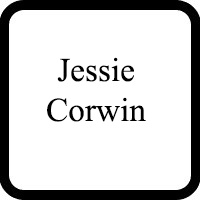Kinston Bankruptcy & Debt Lawyer, North Carolina
Sponsored Law Firm
-
 x
x

Click For More Info:
-
Oliver & Cheek, PLLC
405 Middle Street New Bern, NC 28560» view mapBankruptcy & Debt Law Your Business Partner
Oliver & Cheek, PLLC is a full service business firm providing a wide range of legal services to clients in North Carolina.
252-633-1930
Benjamin Robert Eisner
✓ VERIFIEDMr. Eisner received his B.A. degree in American Studies from the University of North Carolina, his MPA from the University of North Carolina School of... (more)
George M. Oliver
✓ VERIFIEDMr. Oliver received his undergraduate and law degrees from UNC-Chapel Hill. He is a board certified specialist in Business Bankruptcy Law, certified b... (more)
Jessie Marie Corwin
✓ VERIFIEDFor whatever legal issue or dispute you’re facing, you will need a strong, dependable lawyer by your side to provide the support and guidance you ne... (more)
 George Oliver New Bern, NC
George Oliver New Bern, NC AboutOliver & Cheek, PLLC
AboutOliver & Cheek, PLLC Practice AreasExpertise
Practice AreasExpertise



